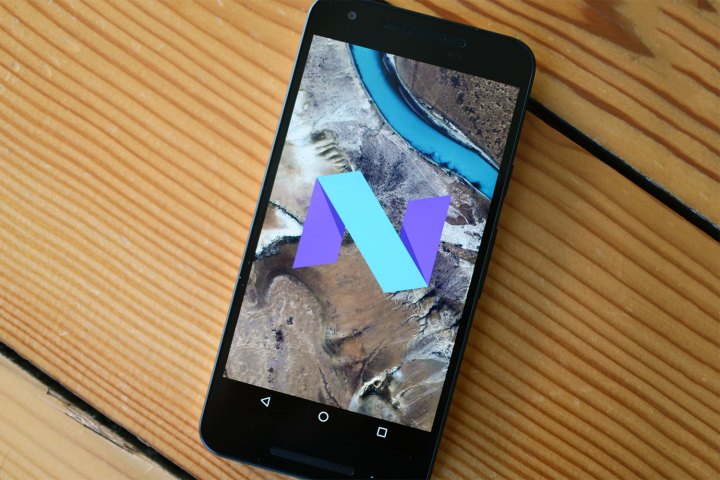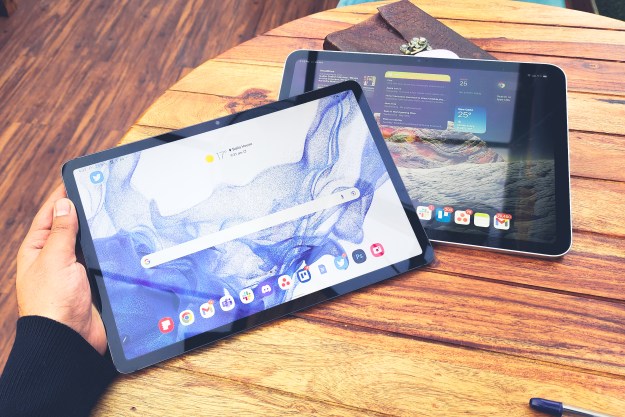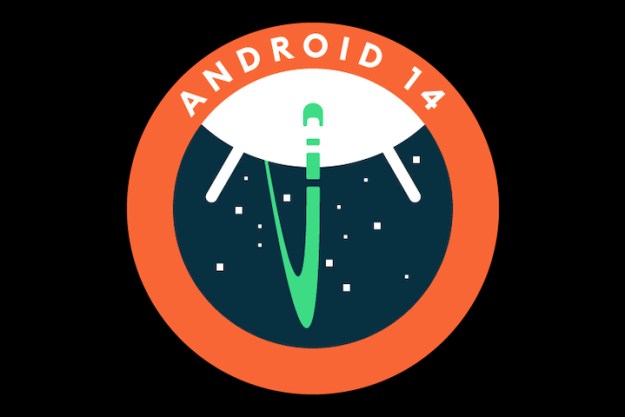
Launcher shortcuts allow you to place a shortcut for an app action on your home screen. For example, you can create a shortcut icon in Google Maps to navigate you home, so you’ll never again need to open Google Maps and type in “home” to start the navigation. Another example is to add a shortcut to play the next episode of a TV show through a media app.
Developers would have to add shortcuts to their apps for this to be utilized.
These launcher shortcuts will work with pressure-sensitive displays, Google confirmed to Mashable, and they operate in a manner that is similar to Apple’s 3D Touch. While there aren’t many of these types of displays on Android devices, it’s noteworthy that Huawei has implemented this functionality on the Mate S, and last week news surfaced of Huawei trademarking the name, “Huawei 7P.” This could be for a successor to the Nexus 6P, or Huawei could be tapped to make the rumored 2016 Nexus 7.
Either way, Android has supported pressure-sensitive input since the very first version — but we may finally be able to see it officially implemented soon. Phandroid worked with Nova Launcher’s developer to test out the launcher shortcuts through gestures. You can take a look at how it would work in the video below.
Note that a swipe-down feature is used to activate the shortcut — of course, with a pressure-sensitive screen, you would just have to tap the icon a little harder to have the shortcut pop up.
We’ll likely hear more about the 3D-Touch-like feature and Android N at the upcoming Google I/O developer conference in May.
Editors' Recommendations
- Google just released the first Android 15 beta. Here’s what’s new
- Google just announced 8 big Android updates. Here’s what’s new
- Google is launching a powerful new AI app for your Android phone
- Google just announced 9 new features for your Android phone and watch
- When is my phone getting Android 13? Google, Samsung, OnePlus, and more


